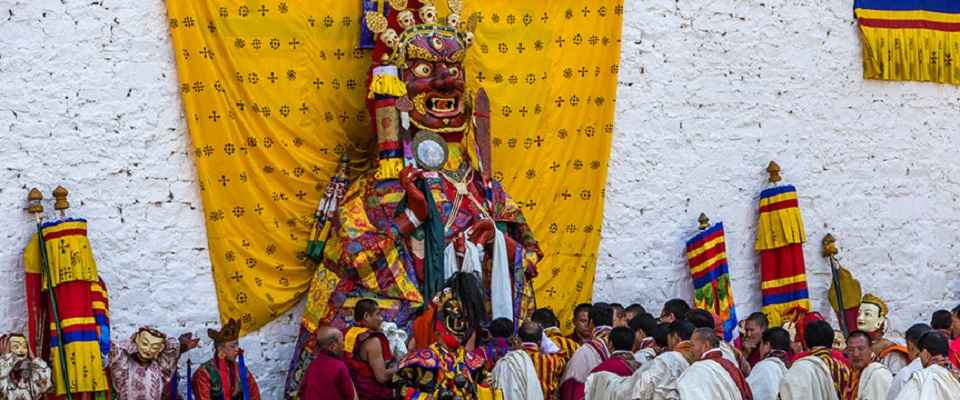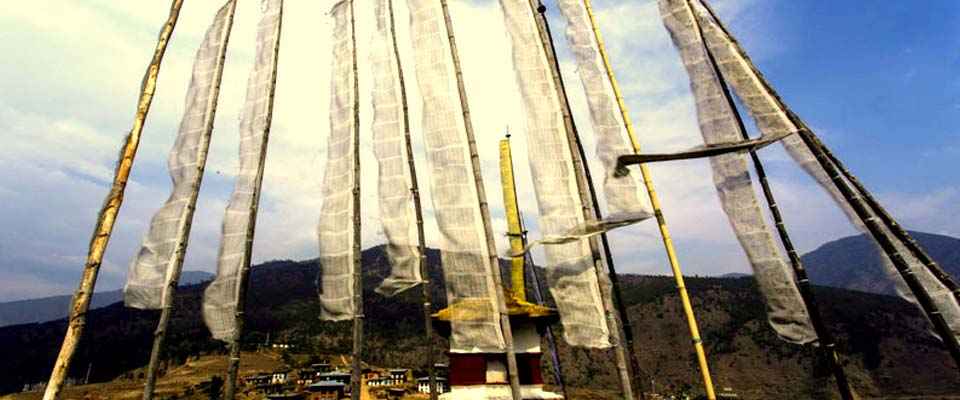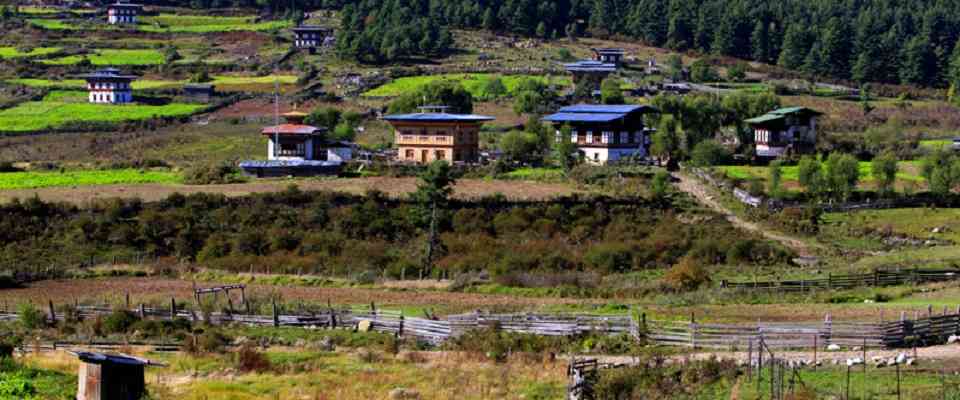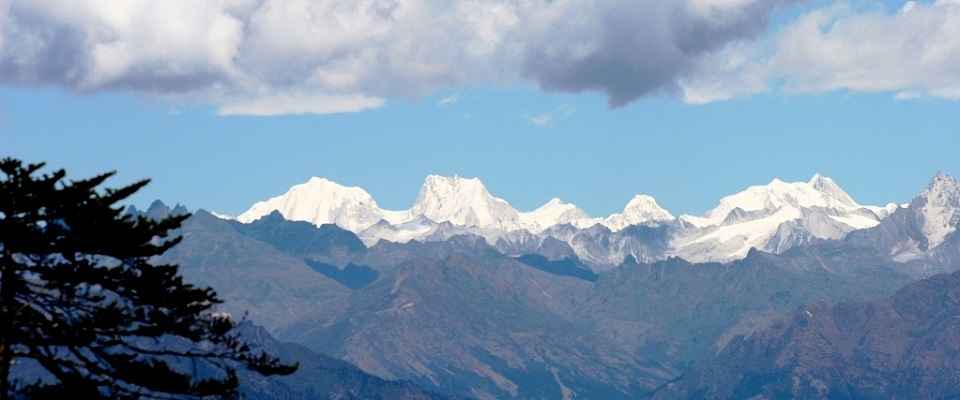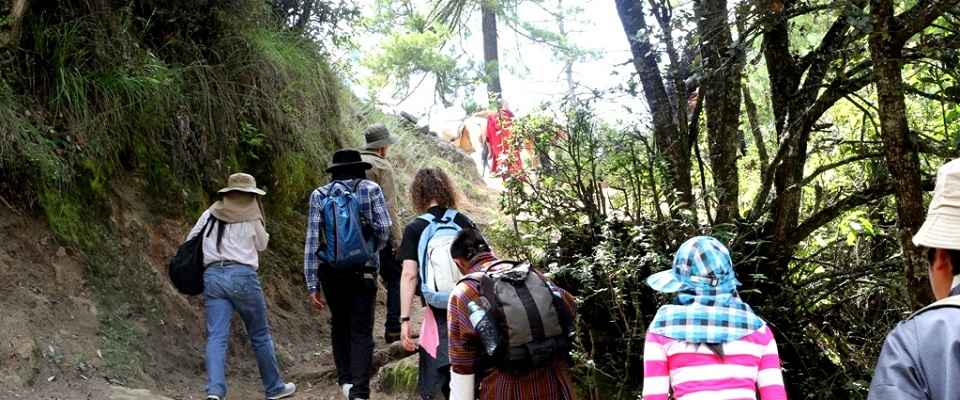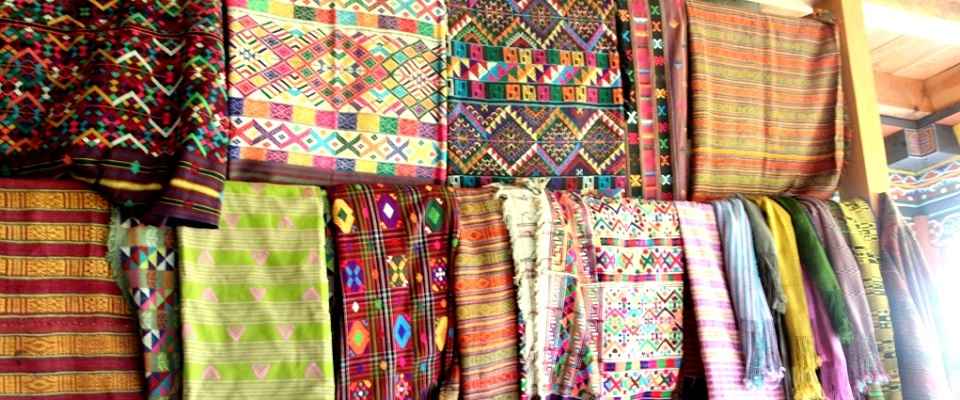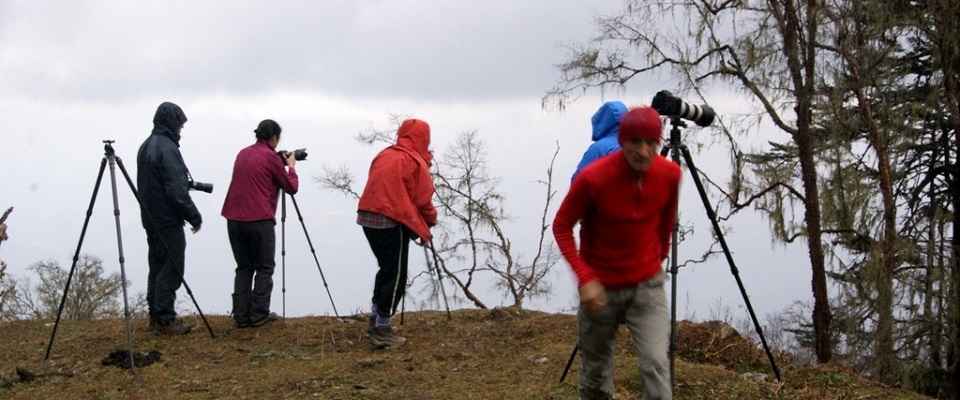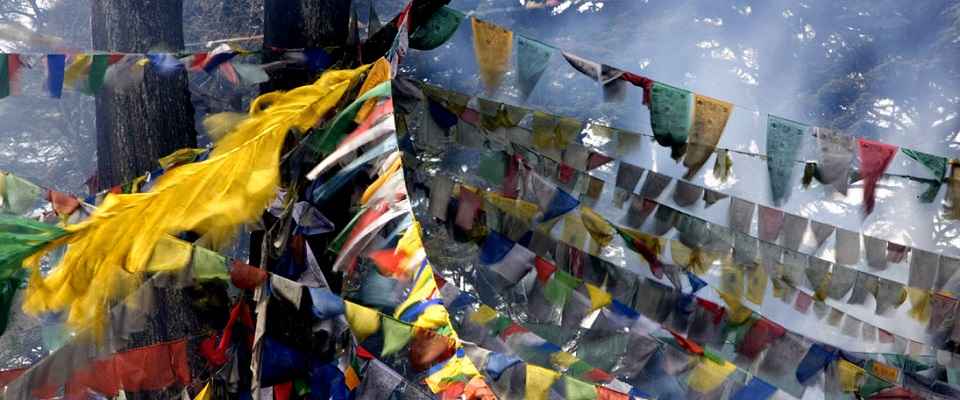The nomads in the eastern Bhutan known as Brokpas are yet to be struck by the chord of modernization. They practice the ancient trade in this modern world.
Phuntsho, a nomad from the remote community of Merak has brought with him to Khardung in Radhi, Trashigang, the remains of what he just bartered with people of Toskshimang also in Radhi.
What nomads of Meark and Sakteng call brukor, cereal collection in brokpa dialect, means bartering of goods that is still practiced to this day between nomads and the people of Radhi and Phongmey in Trashigang.Brukor means.
Phuntsho already bartered 40kg of butter and yidpa (fermented cheese) with 500kg of dried maize in Toskshimang.
A shopkeeper at Khardung, KezangWangmo is willing to barter her dried maize for Phuntsho’s butter.
KezangWangmo’shusband, Karma Jamtsho quickly walk into the basement of his house and walks out just as quickly with a couple baskets of dried maize.
Phuntsho agreed to barter his kilogram of butter for 20 dray, 6kg of Kezang’s maize.
The deal done, Phuntsho and his wife sits down in front of Kezang’s shop to remove the grains from the corncob.
Kezang’s husband, Karma asks Phuntsho if he was carrying any yidpa (fermented cheese) to barter.
A kilogram of yidpa fetches similar quantity of maize.
Since no crops grow in the highlands of Merak and Sakteng, nomads depend for cereals that farmers of Radhi and Phongmey grow in excess and store a major part of which.
The season for brukor begins from October of every year until January.
Despite access to modern amenities and cash, many people of Merak and Sakteng still practice brukor.
It is because brukor for brokpa is more suitable than selling butter and yidpa for cash.
Nomads’ preference for maize stems from its many uses of making kharang (grains further crushed to smaller sizes), pounded into flour or used as feed for cattle, horses and feral dogs.
“We barter butter and fermented cheese with maize because that’s more convenient for us,” another herder from Merak, Lobzang said, adding they ground and pounded the maize grains once they reached their home. “Exchanging butter for cash means having to buy maize, it’s smaller grains and flour forms separately that will cost us more.”
Nomads owning larger herd of cattle usually employ an assistant, they call, usually a villager from Radhi or Phongmey to help them look for partners to barter their goods.
“Our neypos help us with the bartering of diary products with cereals,” Phurpa, another herder said. “They help us barter our butter and yidpa while we are with our cattle in the mountains.”
But finding a neypo involves certain procedure.
“Before someone becomes a brokpa’sneypo, a relation called nyertsang (friendship) has to develop,” Phurpa said.
To find a neypo or neymo (for female helpers) Merak and Saktengpas tour the villages of Radhi and Phongmey.
Penden from Bongman in Radhi said brokpas normally knowked their doors asking if they wanted to tie a bond of nyertsang to help them with process of bartering.
People of the nomadic community have to usually shower their hosts with gifts of butter, cheese, yidpa and dried-yak meat.
The host in return agrees to help his guest out with brukor. The host also assures a safe shelter, free food and wine to his guest during the period of brukor.
But no agreements of any written document are signed between the parties.
The trust they repose unto one another is so deep that once the relation is built, a brokpa will keep all his or her goods in its host’s house for brukor and return to the highlands.
In their absence, the host will then barter all their goods for mostly maize and rice and sometimes for cash depending on the demand of their neypos.The brokpaneypo returns to collect his brukor beginning October.They will come to collect the brukor only when we have finished bartering all their goods,” Penden said.January already here, Phuntsho and his wife, who were preparing to return to Merak, said they had done enough brukor to last until next year.
“We’ve done enough to last us until next brukor,” Phuntsho said. “This practice will not fade for a while with growing number of cattle in our community and commensurate increase in demand for maize.”

